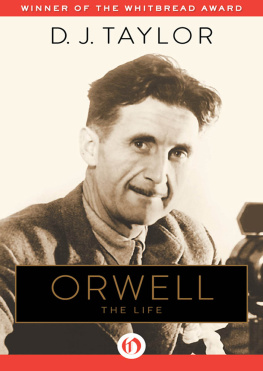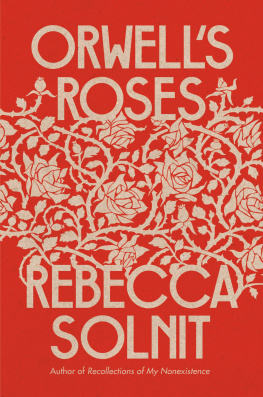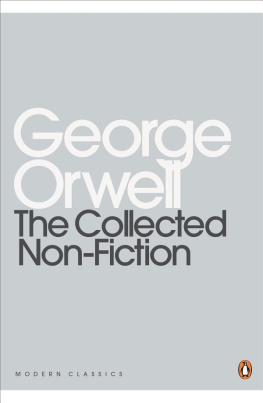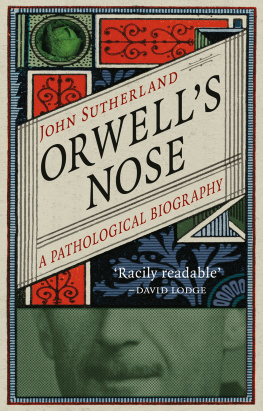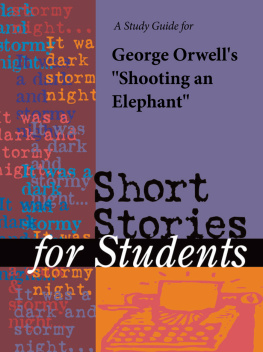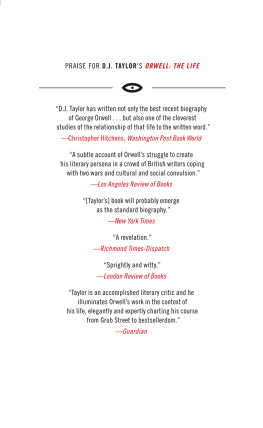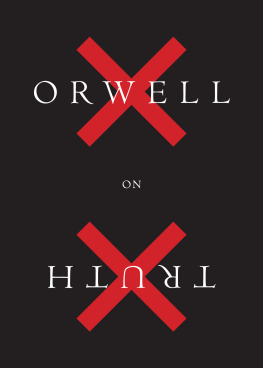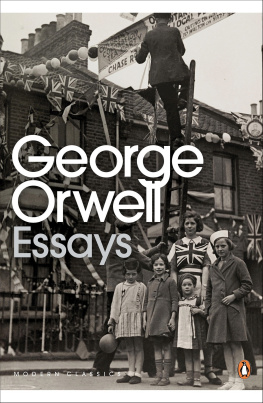We hope you enjoyed reading this Free Press eBook.
Join our mailing list and get updates on new releases, deals, bonus content and other great books from Free Press and Simon & Schuster.
C LICK H ERE T O S IGN U P
or visit us online to sign up at
eBookNews.SimonandSchuster.com
Thank you for downloading this Free Press eBook.
Join our mailing list and get updates on new releases, deals, bonus content and other great books from Free Press and Simon & Schuster.
C LICK H ERE T O S IGN U P
or visit us online to sign up at
eBookNews.SimonandSchuster.com
Copyright 1994 by Peter Huber
All rights reserved. No part of this book may be reproduced or transmitted in any form or by any means, electronic or mechanical, including photocopying, recording, or by any information storage and retrieval system, without permission in writing from the Publisher.
The Free Press
An imprint of Simon & Schuster
1230 Avenue of the Americas, New York, N.Y. 10020
www.SimonandSchuster.com
This Free Press trade paperback edition May 2015
Free Press and colophon are trademarks of Simon & Schuster
Library of Congress Cataloging-in-Publication Data
Huber, Peter W (Peter William)
Orwells revenge: the 1984 palimpsest / Peter Huber.
p. cm.
Includes bibliographical references. ISBN 0-02-915335-2
1. Orwell, George, 1903-1950. Nineteen eighty-four Parodies, imitations, etc. I. Title.
PS3558.U2380791994
81354dc20
94-22921
CIP
ISBN 978-1-5011-2770-0
ISBN 978-1-5011-2773-1 (eBook)
FOR SOPHIE AND MICHAEL
G EORGE O RWELL : Since your day something has appeared called totalitarianism.
J ONATHAN S WIFT : A new thing?
O RWELL : It isnt strictly new, its merely been made practicable owing to modern weapons and modern methods of communication.
Jonathan Swift: An Imaginary Interview [radio broadcast, 1942]
PREFACE
April 4, 1984... To the future or to the past, to a time when thought is free, when men are different from one another and do not live aloneto a time when truth exists and what is done cannot be undone:
From the age of uniformity, from the age of solitude, from the age of Big Brother, from the age of doublethinkGreetings!
George Orwell, Nineteen Eighty-Four (1949)
The date was wrong; the words were in fact written on April 4, 1948, or thereabouts. They were composed by a lonely iconoclastic genius of English letters, aged forty-four, who was dying of tuberculosis. His book would be published in June 1949, just six months before his death. He chose as a title the year in which the book had been written, with the last two digits interchanged. The writer was George Orwell. The book was 1984.
It was an immediate, huge success. By July 1949, 1984 had received sixty reviews in American publications. As the New York Times reported, 90 percent were overwhelmingly admiring, with cries of terror rising above the applause. In the New Yorker, Lionel Trilling described the book as profound, terrifying, and wholly fascinating. The Evening Standard of London called it the most important book published since the war.
Forty years have passed; 1984 is still the most important book published since the war. Orwells grimly technotic vision still casts a dark shadow over every advance in telegraphy, telemetry, telephony, and televisionwhich is to say, every facet of teletechnology, every yard of the information superhighway, that is transforming our lives today. No one who has actually read Orwell can go a week without remembering him in one context or another. At any moment, some scene or neologism, which comes from this one short book, is liable to drop into your mind. Big Brother. The Thought Police. Newspeak. Doublethink. Reality Control. These were all created by Orwell in 1984.1984 is not so much a book, it is a world. Even people who affect to disagree with Orwell quote him unconsciously. Through 1984, Orwell did what very few other writers ever have done: he added not only phrases but his own name to the English language. There are books that one reads over and over again, books that become part of the furniture of ones mind and alter ones whole attitude to life. 1984 is one of them. Whether you approve of him or not, Orwell is there, like the Washington Monument.
And the only trouble with that is that Orwell was wrong. Not wrong in the detailsOrwell was in fact remarkably right about the little things in 1984. But he was wrong in his fundamental logic, wrong in his grand vision, wrong in his whole chain of reasoning. Wrong not because he lacked conviction, or industry, or moral integrityOrwell brought more of those talents to his craft than any other person of his own time, or ours. Wrong, nonetheless, because Orwell built the essential struts and columns, the entire support structure of his magnificent edifice, on a gadget that he did not understand. The gargoyles in 1984 are magnificent. But the architecture beneath is rotten.
I
Begin, as Orwell does in 1984, with Victory Gin, the opiate of all Oceania that sinks you into stupor every night and floats your mind out of bed every morning. Winston Smith, the hero of the book, sops up gin like everyone else. It is gin that keeps him calm during the Two Minutes Hate, gin that lets him relax even under the eye of Big Brother, gin that stops his mind from straying into the lethal minefields of thought-crime.
Smith is a miserable little cipher who spends his days falsifying history for the Ministry of Truth. He lives in London, a city filled with posters, propaganda, and all the squalid incidents of Stalinesque Big Brotherhood. The streets are not smashed to pieces, just a little altered, kind of chipped and dirty-looking, the shop-windows almost empty and so dusty that you cant see into them, marked here and there by an occasional bomb crater. There are the posters and the food-queues, and the castor oil and the rubber truncheons and the machine-guns squirting out of bedroom windows, slogans and enormous faces on posters, secret police and the loudspeakers telling you what to think.
Life in 1984 is lived without affection, without loyalty, without any shred of real friendship. Every word and every thought is censored, free speech is unthinkable, and in the end the secrecy of your revolt poisons you like a secret disease. Your whole life is a life of lies, you are a creature of the despotism, tied tighter than a monk or a savage by an unbreakable system of tabus. Your every waking moment is filled with the hateful feeling that someone hitherto your friend might be denouncing you to the secret police.
As 1984 opens, Winston Smith is about to make a gesture of rebellion: he is going to begin keeping a private diary. The passage I quoted at the beginning of this Preface is one of the first coherent things Winston records. He continues with an account of how he visited a toothless old prostitute, who disgusted him horribly
The next day, Winston is back at work at the Ministry. He writes in Newspeak, the stripped-down English that is now the official language of all Oceania. An Appendix to 1984 explains its basic grammar, vocabulary, and syntax. By denuding the language of words and texture, the Party is gradually eliminating all possibility of independent thought and communication. Newspeak, to paraphrase Smiths diary, ensures that all men will be the same in what they say, and therefore in what they think. Newspeak communicates nothing, and so forces men to live alone.
The second transcendent political reality in 1984 is the mutability of the past. There is no such thing as honest history any more; what is done can always be undone. Winstons job at the Ministry of Truth is to rewrite old newspaper articles so that every Party prediction is vindicated. [I]f all others accepted the lie which the Party imposedif all records told the same tale, Winston reflects, then the lie passed into history and became truth. The all is critical: the Party falsifies not just some records here and there but every record, newspaper, book, and poem everywhere. The past is not merely tampered with; it is rewritten chapter and verse. People thus live in a shifting phantasmagoric world in which black may be white tomorrow and yesterdays weather can be changed by decree, a nightmare world in which Big Brother controls not only the future but the past as well. If Big Brother says of such and such an event, It never happenedwell then, it never happened.
Next page

